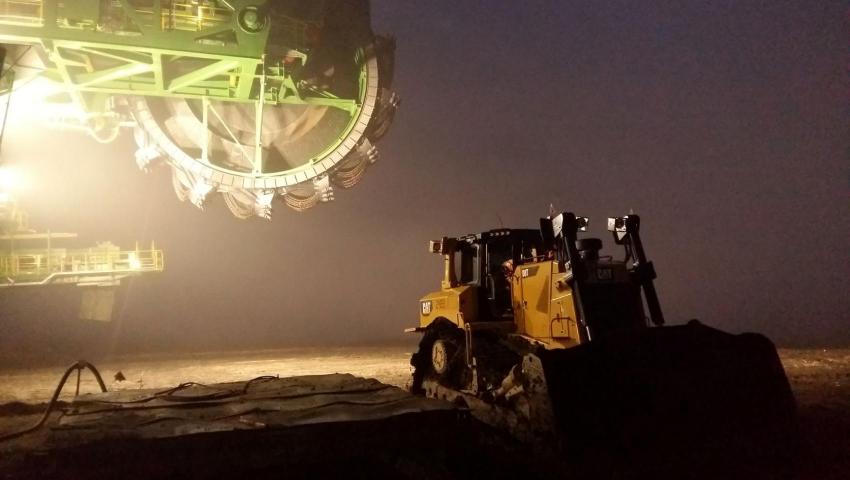300 million a year hole in the treasury just from closing the jobs in the Mariski basin

Source: Mini Maritsa East, archive
The state will lose about BGN 625 million in revenue from the enterprises in the Mariski basin alone. Together with the plants from the Southwest coal region, Bulgaria loses a total of nearly BGN 671 million in revenue.
Do people know how much the state receives from each energy company and how these funds will be compensated was one of the questions asked by the energy companies at the protest. If threats to energy and national security are seen as insufficient arguments to preserve baseload power generation, then let's also see the shortages that will be created as a problem. Specialists familiar with economic activities in the region comment on this.
With a gross salary of about BGN 2,400, it means that the treasury receives
- About BGN 540 from each worker
- About BGN 700 to 900 from the employer for each worker, depending on the category of work
The bill is simple.
Only from the employer, each insured person on about the average salary in the sector contributes nearly BGN 10,000 per year to the state.
There are 9,500 people directly employed at the state-owned TPP Maritsa 2 and Mini Maritsa East. About 3,000 more employees work in the private headquarters in the complex. In the two larger renovations, another 1,500 enterprises.
Large enterprises alone generate about 14,000 jobs. Along with transport, logistics, assembly, repair, etc., which are employed in the "Maritsa East" Complex, the number of people employed by the complex actually reaches 30,000.
This is nearly 300 million hole in the budget from the directly employed in Stara Zagorsk region.
In Kyustendil and Pernik, the number of jobs is significantly lower, but they still exceed 10,000 people, together with those employed in the Sofia region.
Enterprises in the Mariski Basin also realize huge turnovers from their production activities, worth approximately BGN 625 million in VAT paid into the budget. Together with the insurances, the loss in the treasury would amount to almost BGN 1 billion per year.
For the companies that are part of the Southwest coal region, the net revenues from VAT amount to BGN 46 million. In total, it turns out that without the plants, which are part of the three major coal regions, the state will lose BGN 671 million in revenue.
Against the gaping hole in the budget, the state promises to give some money to workers who choose to leave. Where the funds for this will come from, or if it's another unrealistic promise of workers' compensation, is just one of the questions.
How the budget and municipalities will compensate for these shortages is too unclear.
The municipalities in Dupnitsa and Bobov dol used the word collapse, the Mayor of Stara Zagora also supported the preservation of jobs and production facilities. It is obvious that the local government to the greatest extent sees the impasse of the situation, except those directly affected.
Accelerating the hasty closure of coal capacity to be EU leaders costs a lot.
It costs energy insecurity, which threatens national security.
It costs budget shortfalls, which is contrary to the attempts to achieve a socially just state.
It will cost a lot directly to the people too, because even now Eurostat ranks us last in terms of income in the EU with an average salary 3 times smaller for the community.
And this price will be paid by Bulgarian citizens, regardless of where they live.
For the third day, the energy workers are protecting the economy and all Bulgarian citizens.
They stand behind the national cause, as important as freedom and democracy - the right to work and prosperity.
